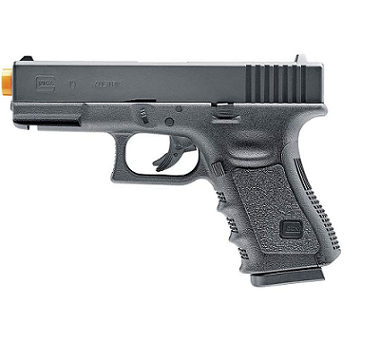Air Gun Laws
 The United States Bureau of Alcohol, Tobacco, Firearms, and Explosives states that:
The United States Bureau of Alcohol, Tobacco, Firearms, and Explosives states that:
The term "firearms" is defined in the United States Code to include "(A) Any weapon (including a starter pistol), which will, or which is designed to or may be readily converted to, expel a projectile by the force of an explosion." Based on this definition, air guns, because they utilize compressed air rather than explosives to propel projectiles, are not considered firearms under federal law. Therefore, the domestic sale and ownership of air guns are generally unregulated under federal firearms laws enforced by the Bureau of Alcohol, Tobacco, Firearms, and Explosives (ATF).
Although the federal government doesn't normally regulate air guns, a number of states and localities do; the Law Center To Prevent Gun Violence has compiled an exhaustive list of those jurisdictions that regulate air guns and found that 23 states and the District of Columbia regulate them to some degree.
Two of these states (New Jersey and Illinois) define all non-powdered guns as firearms; one of these states (Illinois) defines some high-powered and/or large caliber non-powder guns as "firearms"; three of these states (Connecticut, Delaware, and North Dakota) define all non-powder guns as "dangerous weapons" (but not firearms); and the remaining states which regulate airguns impose age restrictions on possession or use of such guns, and/or specifically regulate the possession of such guns on school grounds.
New York City has strict regulations regarding air guns. In San Francisco, air guns were once banned, but a state pre-emption statute struck down the city's ban. However, the San Francisco district attorney ruled that air guns are illegal if they violate California state law. State laws generally do not mention air gun rules, but local counties can enact stricter laws. Generally, states do not regulate air guns, but local counties can.
